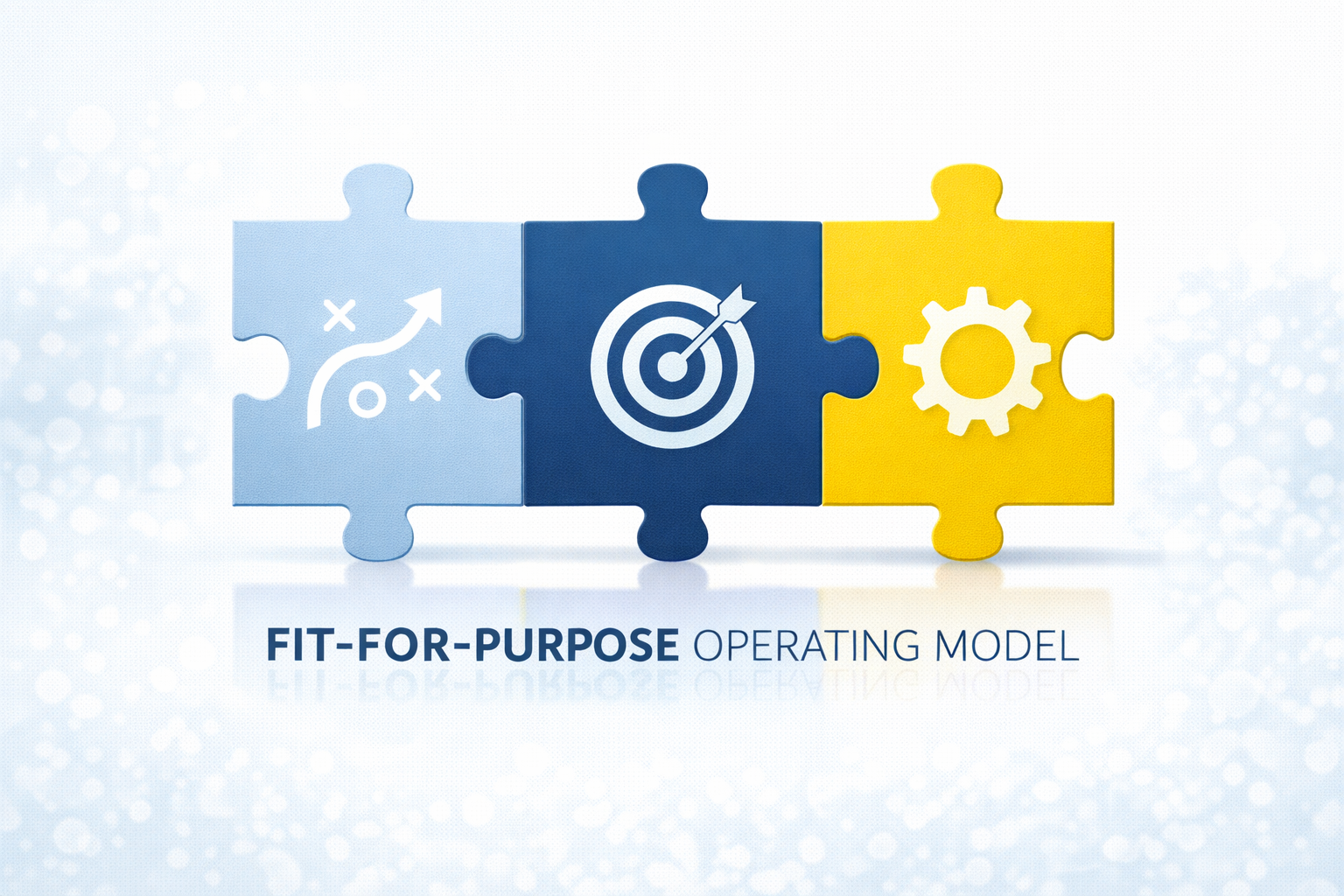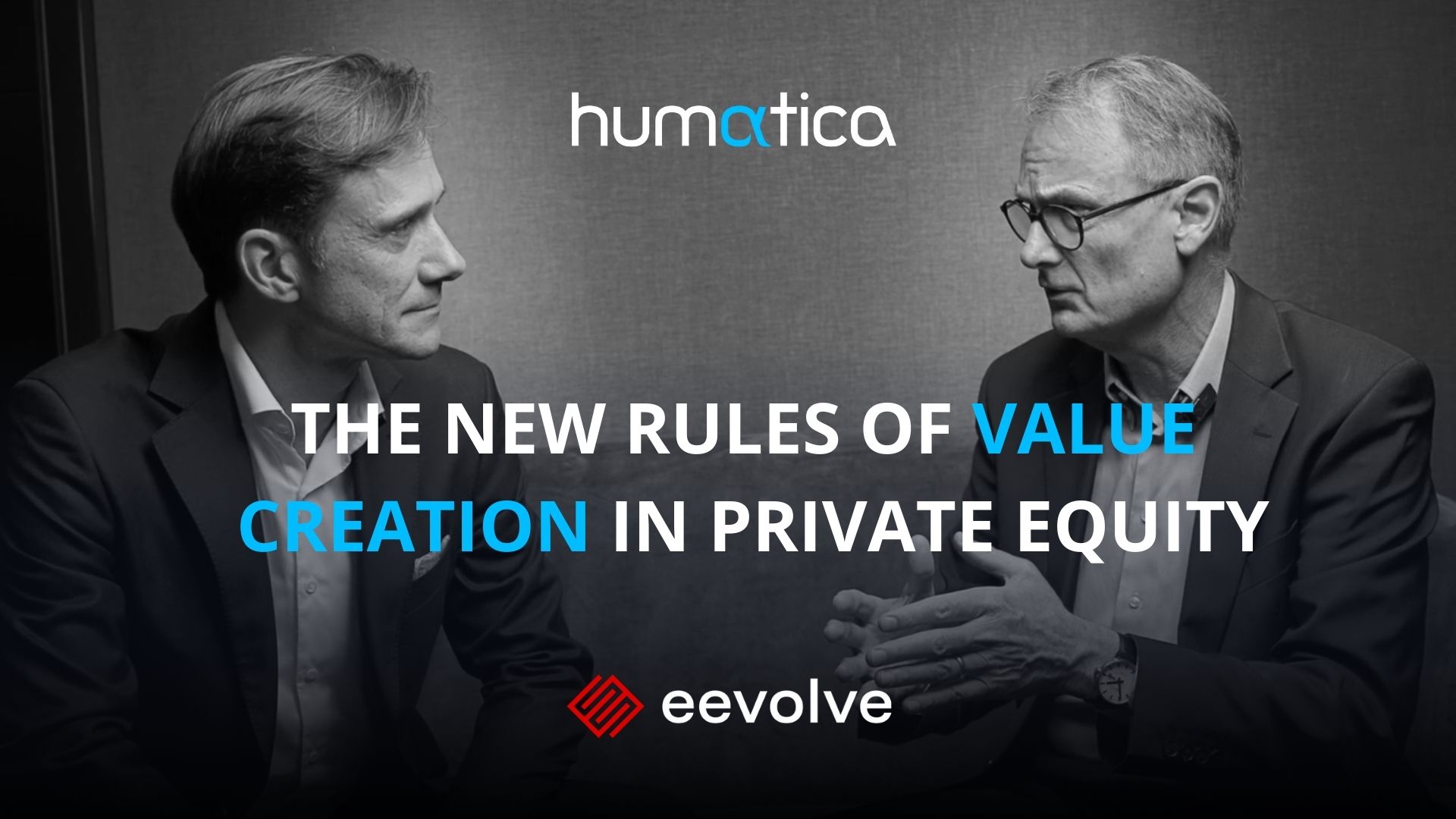
With interest rates at levels not seen in over a decade, the private equity model has entered a new phase—one where operational excellence is no longer just a nice-to-have differentiator, but a prerequisite for delivering returns. Steffen Pauls, the Founder and Co-CEO of Moonfare, put it succinctly in a recent FT article: “Value creation today relies more and more on operational improvements at the portfolio level, which requires real expertise and managerial skills”.
Gone are the days when cheap leverage, multiple expansion and selling to another PE with funds to deploy would carry a deal. In the current environment, debt amplifies risk more than reward, and even modest earnings growth can be overshadowed by increased financing costs. The pressure on portfolio company operational performance has never been greater.
This shift is reshaping value creation strategies across the industry. Private equity sponsors must now extract real, measurable performance improvements from within the portfolio. That means reduced cost or accelerated growth to improve margins and cash flow. Unprecedented uncertainty in current markets however makes it more difficult to focus on one or the other operational value growth lever.
Unsurprisingly, the dispersion of returns is also increasing across the asset class. And, the greatest underlying source of variance is people – how they work. Portfolio companies must be more agile than ever before. However, the divide between portfolio company managers who can enable an agile organization through changes in operating models, behaviours, leadership alignment, and organisation effectiveness is increasing.
These fundamental org changes aren’t quick wins. They require tools, capabilities, and a systematic approach to transformation—starting with clarity on business model value drivers and followed by alignment of the operating model including structures, roles, competencies and management decision-making processes. Crucially, it requires a different mindset at the GP level: one that prioritises a sustained focus on organizational effectiveness over short-term transactional ingenuity.
Organizational Effectiveness as a Competitive Edge
Although many funds now speak the language of organizational effectiveness, with the appointment of Talent or Human Capital Operating Partners, few have internalised organizational enablement as a disciplined, repeatable process.
Top-performing funds have understood that value is rarely unlocked through headline senior exec appointments alone. It emerges from the cumulative impact of enabling better decision-making at all levels, faster execution, aligned incentives, and a portfolio company culture that rewards accountability and performance.
Organizational enablement means:
This “heavy-lift”, granular execution with front-line employees is where the value is generated —not in the slide decks and Board packs, but in what leaders at all levels do day to day. Funds that scale this capability across their portfolio will outperform.
The current inflection point in the PE industry is obviously a threat to many traditional funds. However, its also a great opportunity and call-to-action for innovation and redefining how value is created.

In many organizations, strategy promises growth, efficiency, and innovation—but day-to-day execution tells a different story. Decisions drag. Silos persist. Accountability blurs. Leaders work harder without…
Read more
In today’s private equity landscape, the classic levers of value creation are no longer enough. As markets evolve and competition intensifies, governance is emerging…
Read more
Measuring organizational performance is difficult, especially in a way that is both systematic and genuinely useful for decision-making. In a recent Alpha Talks conversation, Ueli…
Read moreReceive our news and valuable perspectives on organizational effectiveness each month.